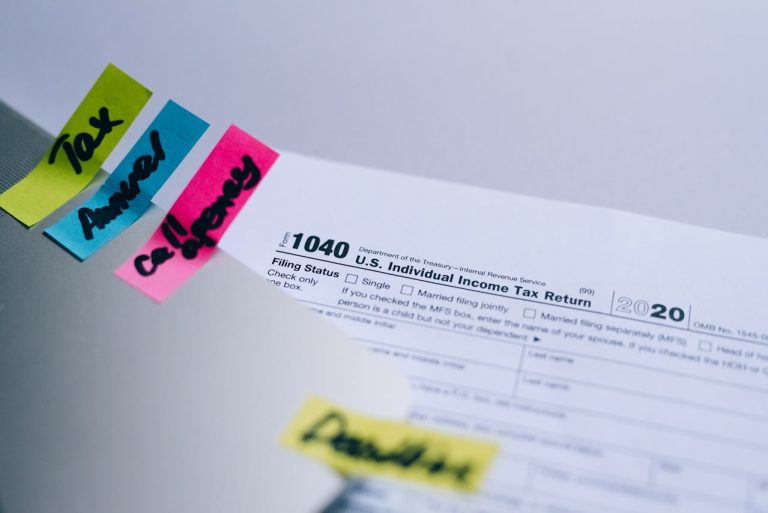The good thing and also the bad thing about being a freelancer is that you control your destiny. What I mean to say is that when you are working as a freelancer, you have to take of all things into considerations like you have to pay the bills, repair the machines, have to ensure steady flow of new projects and above everything else, they need to bear with the unavoidable worry of financial uncertainty.
But financial uncertainty is not the only problem that trouble freelancers; there is another thing that worries them much. Yup, you have got it right, it is the income tax and its complexities that can make a man got nuts.
So, to make your task easier, here we are going to share some info with you all so that you can stay away from the complexities of tax return and all that.
Be Care of the IRS:
Fulltime employees do not have to muddle with the intricacies of tax and all that because they have got their bosses to do that. He will make sure that the income tax gets deducted from your salary but freelancers do not have any such option. They have to take care of their financial records all by themselves. Freelancers, instead, have to fill out a 1099-MISC form whenever they get paid more than $600 each time from a client. However, this is not just the end of your task; you are also required to inform the federal as well as the state government how much you are earning per quarter. And did I tell you that even if a client does not send you the 1099-MISC form, you are still required to submit that.
What About the Tax Form:
Sole proprietors can fill out Schedule C form where they report their profit and loss details each year. However, if you are a freelancer and you do not have any employees working under you and your business expenses do not cross $5,000, you can fill out “Schedule C-EZ Net Profit from Business Form”.
However, keeping track of all your expenses is certainly not an easy affair. There are certain things that you need to remain aware of otherwise, you might end up paying more income tax than what is actually required.
Home Office:
Most of the freelancers actually work from the comfort of their homes but majority of them do not include the expenses that would have otherwise incurred if they have rented an office space. The reason is that when you are making a claim for Home Office Deduction, there could be a major chance of an audit from the income tax department. However, there is nothing to worry if you are playing by the rules as set forth in IRS guidelines. Just make sure that the space you are trying to present as Home office is actually exclusive used for work.
Computer:
If you have brought a sleek new laptop in this financial year, you can make it count as an official expense. Now as things stand, if you are using it for playing game and watching movie and that takes up as much as 80% of the total use of the Laptop, you can deduct 20% of the cost on the taxes.
Travel:
If you have to travel for meeting clients, you can add all the expenses that will incur. You can add expenses like hotel stay, airfare, food etc. But you are only eligible to deduct half of the cost, when you will be entertaining your clients in a pub or in a restaurant.
Insurance and Retirement Savings:
You can always show how much you are spending on your health care insurance policy to get a health care reform tax credit. Since you are not entitled with a 401(K) retirement plan, you can apply for a Simplified Employee Pension (SEP). This will give you huge tax benefits as well.

